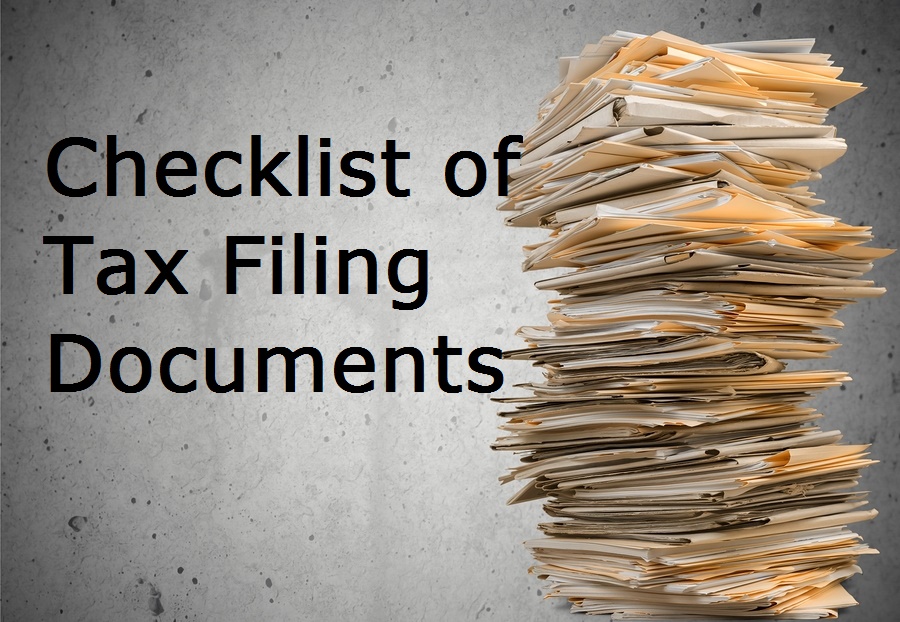It seems that Congress is falling all over itself trying to make the prize money that our Olympic athletes win in London tax exempt. They’ve had a week to watch the games, think about it, and propose legislation. Pretty fast work for our political leaders. I guess Congress cares about your tax bill if you’re an amazingly great athlete—but they don’t care enough about the rest of us to finish the work for settling the tax code for our 2012 taxes. Yes, I’m talking about this year’s taxes!
Seriously, we’re hearing all of the candidates talk about what they want to do with our taxes for 2013—next year. But as of this date (August 2012) there are several tax issues that still haven’t been decided about your taxes for this year. Did you know that?
Here’s the big thing we don’t know yet:
AMT, the Alternative Minimum Tax. Right now, the exemptions for AMT have fallen to the old 2001 levels. If you were married filing jointly in 2011 and made less than $150,000, your AMT exemption would be $74,450. Using the 2001 rules, the exemption is $49,000. Now for most people, talk about Alternative Minimum Tax sounds like a bunch of mumbo jumbo—but to put things in plain English—if our people in Washington do not settle this issue, 20 million more Americans are going to get hit with the AMT tax this year. Most of those people have no idea this is coming. You could be one of those 20 million and not even know it. And I’m talking about 20 million people who will be added to the AMT rolls; people who already pay the alternative minimum tax will be paying even higher AMT taxes than in previous years. Thousands of dollars more!
Now, in fairness, the Senate does have a bill on the floor that would actually increase the exemption by $4,300. I expect it to pass (I hope), but not until much later this year, like in December. There’s something fundamentally wrong with not knowing what you should have to pay on your income taxes until after you’ve already earned your entire year’s salary.
Some other tax issues for this year that are still up for grabs include: deducting state and local sales taxes instead of state income taxes, the classroom teacher deduction of $250, allowing senior citizens to transfer IRS funds to charity tax free, the tuition and fees deduction for college expenses, and a whole host of business related tax incentives. How can you make a move if you don’t know if you don’t know if you’re allowed to do it or not?
Congressional inaction on current tax issues means that many people will have their refunds delayed next year. That’s not fair to you or to me.
But back to the Olympic athletes: I’m an Olympics junkie. I love watching the games and I admire our athlete’s accomplishments. And when NBC does its little heart tugging stories on our athletes’ struggles, I understand wanting to give them all a break. But how much of a tax break do we really need to give folks like Serena Williams, Michael Phelps, and LeBron James? They’re already making millions of dollars a year. Here’s the thing—if Congress were to pass the new AMT exemption—it would essentially make Serena’s gold medal prize money tax free, while at the same time helping millions of other Americans who could probably use the tax break a little more than Serena does.
I get it, the Olympics is news and talking about them gets our politicians some media exposure. (Guilty as charged, I’m blogging with an Olympic theme myself.) But there are some very real tax issues this year for the rest of us that Congress hasn’t addressed yet – and we deserve to have our leaders settle the issues sooner, rather than later.
PS: As far as the medal earnings for the athletes that are not already millionaires is concerned—any decent accountant will be able substantially reduce the tax on Olympic winnings, and in many cases reduce it down to zero. From a serious tax standpoint, it shouldn’t even be an issue.


